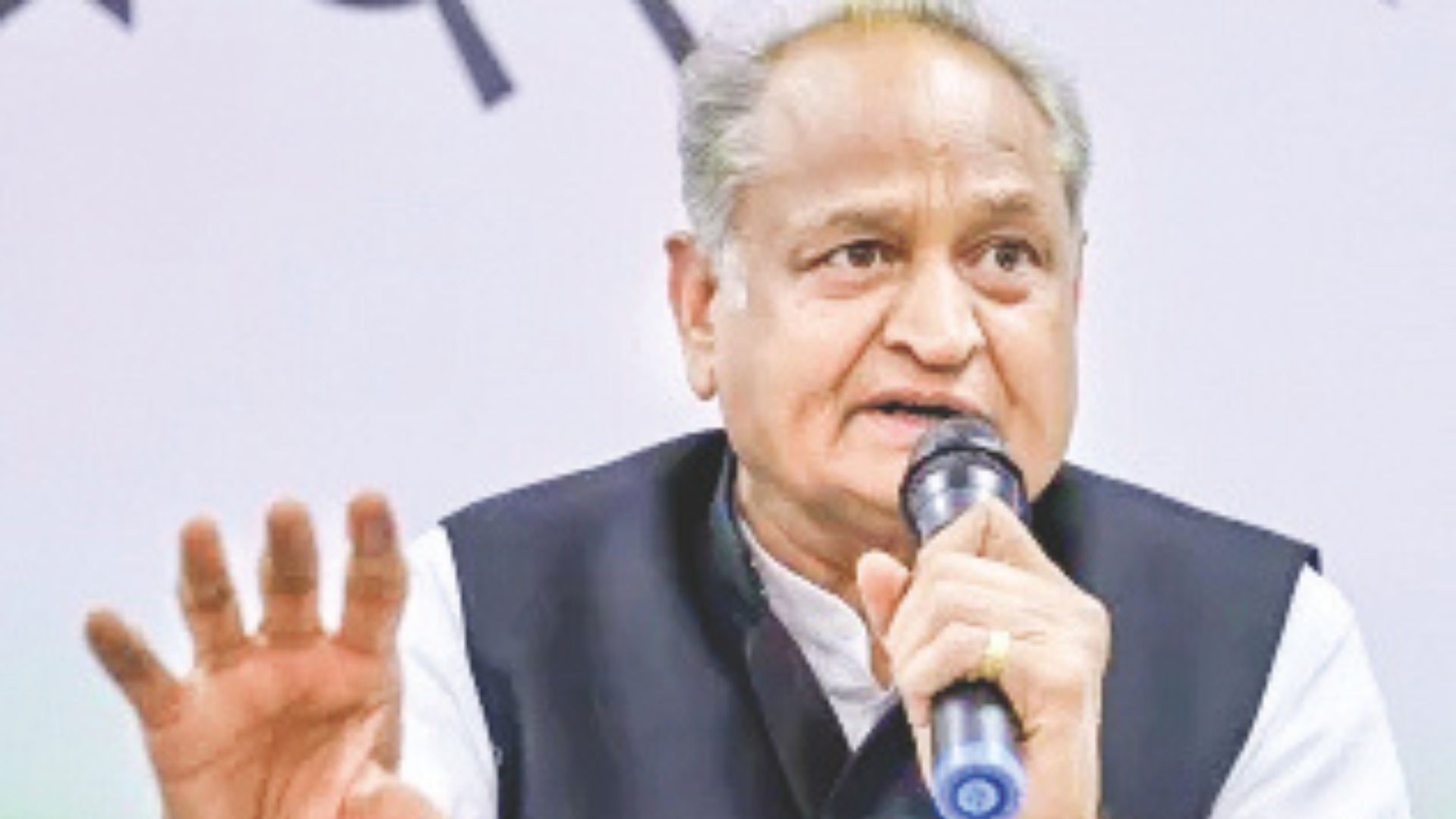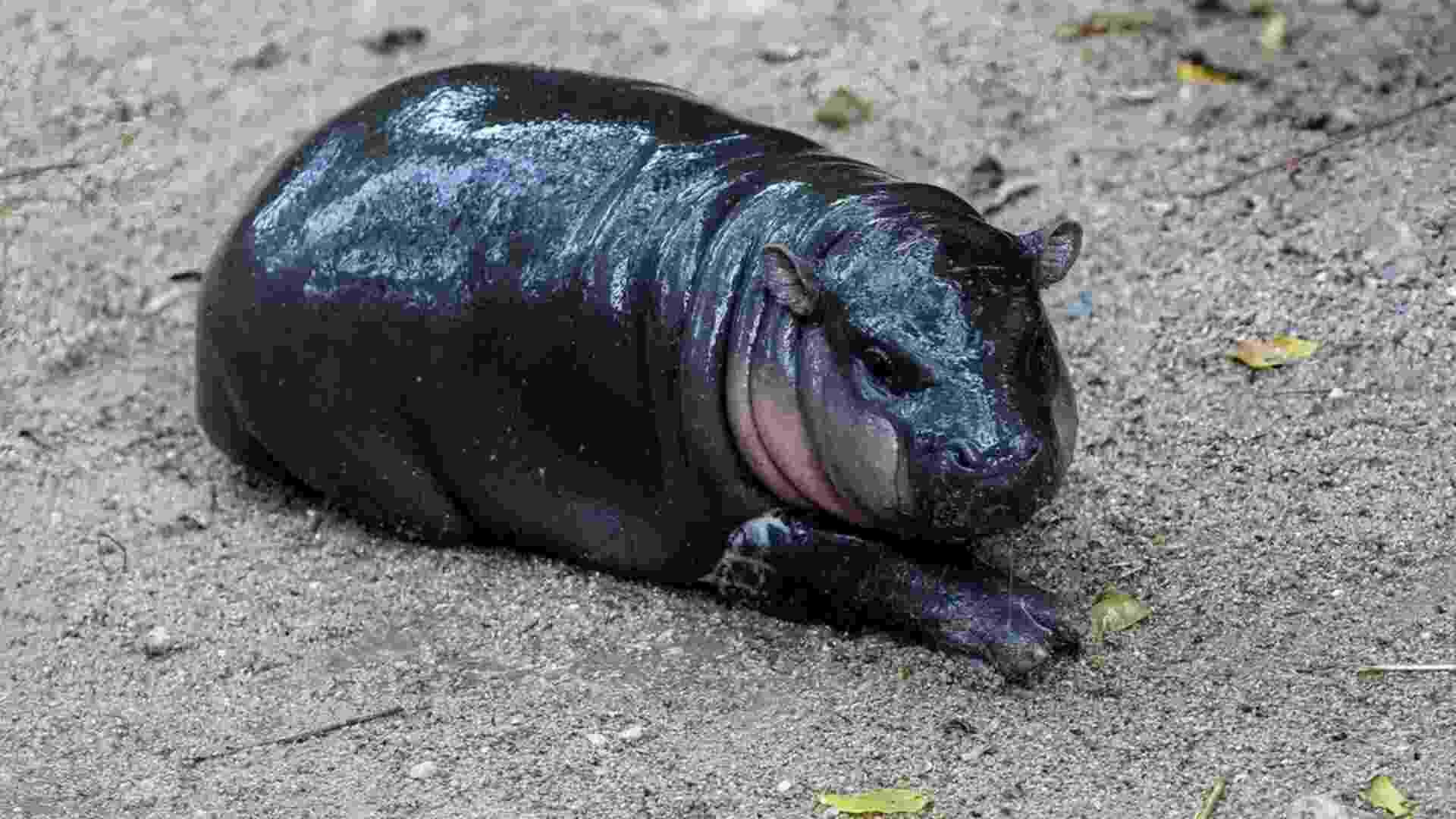
In the intricate tapestry of global health challenges, antimicrobial resistance (AMR) emerges as a silent yet formidable threat, casting a shadow over the efficacy of our most potent medical tools. India, with its vast population and complex healthcare landscape, stands at the frontline of this battle. Addressing the menace of AMR requires a comprehensive, collaborative effort that encompasses healthcare, agriculture, and public awareness.
Antibiotics, once hailed as miracle drugs, are now at risk of losing their effectiveness due to the widespread misuse and overuse of these medications. The consequences of a post-antibiotic era are dire, with routine medical procedures becoming life-threatening and the burden of infectious diseases escalating exponentially.
One of the primary drivers of AMR in India is the inappropriate use of antibiotics, both in the healthcare system and the agriculture sector. In the medical realm, over-the-counter availability and self-medication practices contribute to the misuse of antibiotics. Physicians, too, sometimes prescribe antibiotics without proper diagnostic confirmation or patient education. On the agricultural front, the use of antibiotics as growth promoters in livestock and poultry adds another layer to the problem.
To tackle AMR effectively, India needs a multi-pronged strategy. First and foremost, there must be stringent regulations and enforcement to curb the indiscriminate use of antibiotics in both human and veterinary medicine. Strict guidelines for prescription and dispensation of antibiotics, along with measures to regulate their use in animal husbandry, are crucial steps.
Education plays a pivotal role in combating AMR. Healthcare professionals, from doctors to pharmacists, must receive comprehensive training on the judicious use of antibiotics. Public awareness campaigns should emphasize the importance of completing prescribed antibiotic courses, the dangers of self-medication, and the need for responsible antibiotic use.
Moreover, there is a pressing need for surveillance and data collection to monitor antibiotic use and resistance patterns. A robust national database can guide policymakers in formulating evidence-based strategies to combat AMR effectively. Collaboration between the health and agriculture sectors, as well as international cooperation, is crucial to address the interconnectedness of AMR.
Incentivizing research and development of new antibiotics is another crucial aspect of the fight against AMR. The pharmaceutical industry needs encouragement to invest in novel antibiotics, considering the high development costs and the challenges associated with bringing new antimicrobial agents to market.
The role of technology in this battle should not be underestimated. Digital solutions can facilitate surveillance, provide real-time data on antibiotic usage, and enhance communication between healthcare professionals and patients. Telemedicine platforms can play a vital role in disseminating information and ensuring responsible prescription practices.
In conclusion, tackling the threat of antimicrobial resistance in India requires a collective and concerted effort. It demands a re-evaluation of our healthcare and agricultural practices, a commitment to education and awareness, and a forward-looking approach to research and development. As we stand at the crossroads of a potential public health crisis, the time to act is now. Only through collaborative, evidence-based strategies can we hope to preserve the effectiveness of antibiotics and safeguard the health of generations to come.
Dr. Deevanshu Shrivastava,
Associate Dean, School of Law, G D Goenka University,
Gurugram, Haryana















